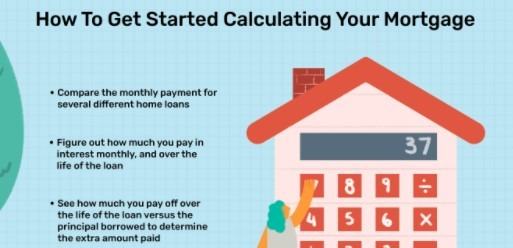Mortgage origination fees are charges by the lender for preparing your loan. These charges cover the costs of underwriting your application and processing your loan. This fee is usually between 0.5 percent and one percent of the total loan amount. Since these fees increase the interest rate of your mortgage, you will be paying higher interest. This is one of the most common mistakes made by borrowers when applying for a mortgage.
The fees that lenders charge are a combination of processing and underwriting fees. Some lenders divide these two fees into two, resulting in two separate fees. Others charge a single fee for both. While some people think that mortgage lenders make their money by charging high interest rates, this is simply not true. Most mortgages are sold to major mortgage investors who make them available on the bond market for easy liquidity.
Mortgage lenders make their money by charging you interest. However, if you prepay your mortgage, you are costing the lender money. Because they lose out on the interest, some lenders charge a prepayment penalty. These fees are equal to a percentage of the loan or a number of monthly interest payments. These fees can add up quickly if you’re an early home owner. But it’s important to know that the fees are paid up front so the lender has no reason to charge them higher interest rates.
How Do Lenders Make Money Up Front on Your Mortgage?
The lender’s upfront fees are based on the total amount of your mortgage. Some lenders offer discount points equal to 1% of the total amount of the loan. For example, if you take out a loan of $200,000, you’ll have to pay two points. This will reduce your interest rate. This is the same for other fees. Although lenders may be a little more transparent about it, there is no reason to pay more than what is necessary to close your loan.
The fees charged by mortgage lenders vary widely. In some cases, they charge a processing fee and an underwriting fee. In others, they charge a single fee for both. Regardless of the method, the upfront payments are the same. In other cases, the lender may charge a prepayment penalty. The amount of fees varies from lender to lender. If the interest rate is higher, the amount of points may be lower.
Some lenders charge a discount point on your mortgage. A discount point is equivalent to 1% of the mortgage amount and costs you about $2,000 for a $100,000 mortgage. Lenders also charge late fees and prepayment penalties for late payments. These fees can add up to thousands of dollars over the life of your mortgage. In contrast, the upfront payment for a loan may only amount to a few hundred dollars.



